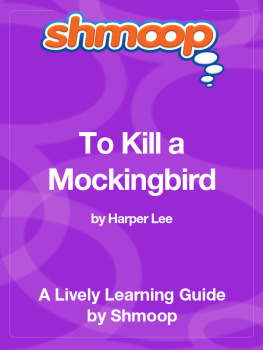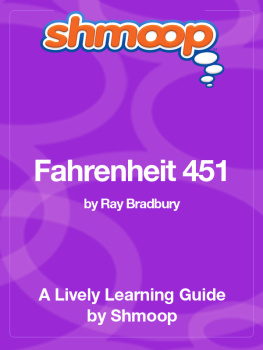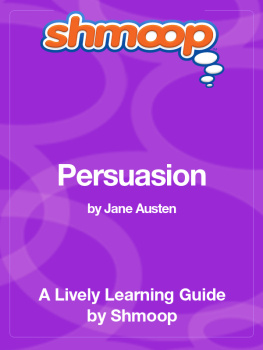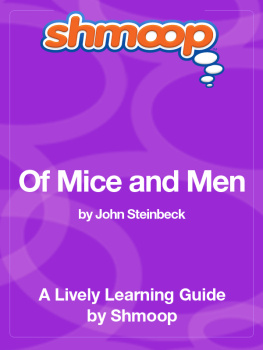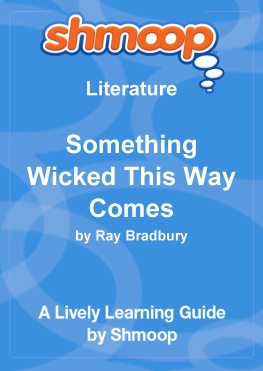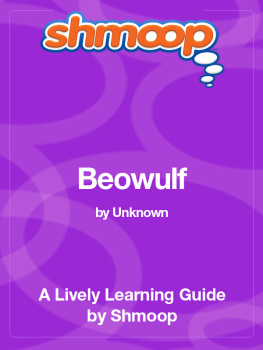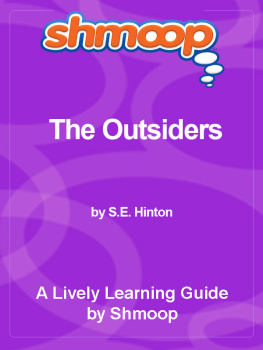
Table of Contents
In a Nutshell/Overview
All Quiet on the Western Front tells the story of six German soldiers who volunteered to fight in World War I, and it chronicles their demise intellectually, spiritually, and physically. The novel is told from the perspective of one incredibly observant young soldier, Paul Bumer, who exposes details of life on the Western Front - from gas attacks, to fatal illnesses, to rat infestations. Best known for its portrayal of the horrors of trench warfare, All Quiet on the Western Front explores the necessity and purpose of war. In America, All Quiet on the Western Front remains one of the most popular novels addressing WWI, even in spite of the fact that the story is told from the perspective of America's WWI enemy's - a German soldier. American journalist Henry Louis Mencken described the novel as "unquestionably the best story of the World War" (source).
Author Erich Maria Remarque himself had fought on the Western Front (take a look at a map of the front lines here) when he was eighteen years old, and he suffered several injuries (source). The horrors of what he witnessed as a soldier stuck with him. Some passionate emotions were stirred on November 10, 1928, when Remarque published the first installment of the novel in Vossische Zeitung, a German magazine. Many readers immediately noticed that the novel called into question the values set forth by Nazi Germany's "fatherland" propaganda. All Quiet on the Western Front was banned and burned in Germany along with hundreds of other books with similar themes.
Over one million copies of All Quiet on the Western Front were sold in Germany when it was published in its entirety in 1929. The Nazis, who were rising in power, hated its grim portrayal of war. They publicly burned it. Gangs of Nazis descended upon the theater where the 1930 film premiered in Berlin. In 1938, Remarque lost his German citizenship. He eventually moved to Switzerland and, later, to the United States. Over time the novel was translated into twenty languages, provoking a range of emotions and discussions on war around the world (source).
Why Should I Care?
All Quiet on the Western Front gives us a different perspective on World War I than our history books might allow. Through this novel we get to hear the thoughts of a German soldier in WWI, an enemy of the United States and its allied forces. We cannot help but sympathize with our "enemy," and we cannot help but ask ourselves what exactly an enemy is. Paul Bumer, the narrator of this story, helps us to question reasons why countries go to war. Today, wars are fought in very different ways, but we can easily imagine a young man or woman like Paul exploring similar issues of identity, patriotism, mortality, and dreams.
What's Up with the Title?
Well, the title is a lie, that's what. In the frame of this novel, nothing is ever quiet on the Front - unless it's dead. And the war took a long time to die.
That Front is the front lines of the battle between Germany and mostly the British and French during World War I. There were a few fronts along which battles were being fought - this was just the western one, implying that this is a story that played out on several fronts. We have one little view into one little story on one little set of Prussian hills.
The historical foreword to the book by Harry Hansen details the historical events, citing newsreel posts from Germany and France as the war ground along. To calm the masses, a regular refrain from the journalist community - co-opted by government naysayers - was that "all was quiet." But in fact, as the reader pores through these jagged, sparse pages of
All Quiet the Front is anything but quiet.
You'll also notice that the words of this title appear in the final moment of the novel. And how ironic is it that our protagonist dies when things are quiet? He survives many loud and chaotic battles, but dies on a day that is "all quiet." (You can read more about Paul's death in "What's Up with the Ending?")
In German the title of this novel is
Im Westen nichts Neues, which literally translates to
In the West Nothing New (source). How does this title change your understanding of the novel? Which title do you prefer?
What's Up with the Ending?
The novel's epigraph and the ending sing the same tune. Take a look at the last two paragraphs of the book:
He fell in October, 1918, on a day that was so quiet and still on the whole front, that the army report confined itself to the single sentence: All quiet on the Western Front.
He had fallen forward and lay on the earth as though sleeping. Turning him over one saw that he could not have suffered long; his face had an expression of calm, as though almost glad the end had come.
We detect a bit of irony in the way that Paul dies on a quiet day, a day when there isn't much action anywhere else on the Front. By the end of the novel, we've witnessed the hellish bombardments Paul has survived in which bullets, shells, and gas surround him like a swarm of bees. The fact that he dies on a relatively peaceful day suggests to us that he either welcomed death, or that he was so unused to calm that he had grown too accustomed to violence to know what to do in a quiet setting. The "expression of calm" on his face makes us feel like he had found his peace in the end. How tragic that fighting on the Front was so horrific that Paul is relieved to die.
The question on our minds, however, is who narrates this last paragraph? Until this point, Paul has narrated the entire novel. So who could be speaking now? All of Paul's best friends have died. Perhaps the speaker is another soldier who discovered Paul's body ends the tale? And who was sensitive enough to look at his face and see that calm? Was it that obvious? And did this person find Paul's account of the war and choose to finish it for him? So many questions. Help us out!
Writing Style
Direct, Edgy, Reserved
Remarque's style involves lots of small words and small phrases. Think about tone in this novel as being gunfire when Paul is on the front lines and violin playing when he's off. The predominant vibe is sparseness, though. The author doesn't waste too many words and, in many cases, he skips weeks of pages with a single detail that moves the timeline dramatically forward in a phrase. He doesn't get too emotional over any one friend's death. He continues to drive the story forward in a way that makes it very hard for us to stop reading. There's a movement and a rhythm to the sentence structures of this novel. Let's just say that, if the prose were shirtless, you'd see a six-pack.
Consider our narrator's final words:
The life that has borne me through these years is still in my hands and my eyes. Whether I have subdued it, I know not. But so long as it is there it will seek its own way out, heedless of the will that is within me. (12.10)
There is a very matter-of-fact, almost confident nature to this language. The speaker is certain of what he knows, and does not feel the need to riddle his prose with any extra words, any flowery adjectives. In fact, there is only one adjective in this entire passage: "heedless." Similarly, Paul is heedless of our desire to know more. He doesn't budge and spill his emotional beans. We know there must be a lot going on in his mind at this point, but he will not say more than is necessary. He is sparing with his words.
Lastly, we must also remember the fact that the book was originally written in German, and was then translated. There may have been noodles lost in the disbursement of the soup, if you catch our drift. There is something distinctly un-American about this beautiful prose. Because of this, we suppose that a good deal of the rhythms and meanings of the German language were not lost in translation.







